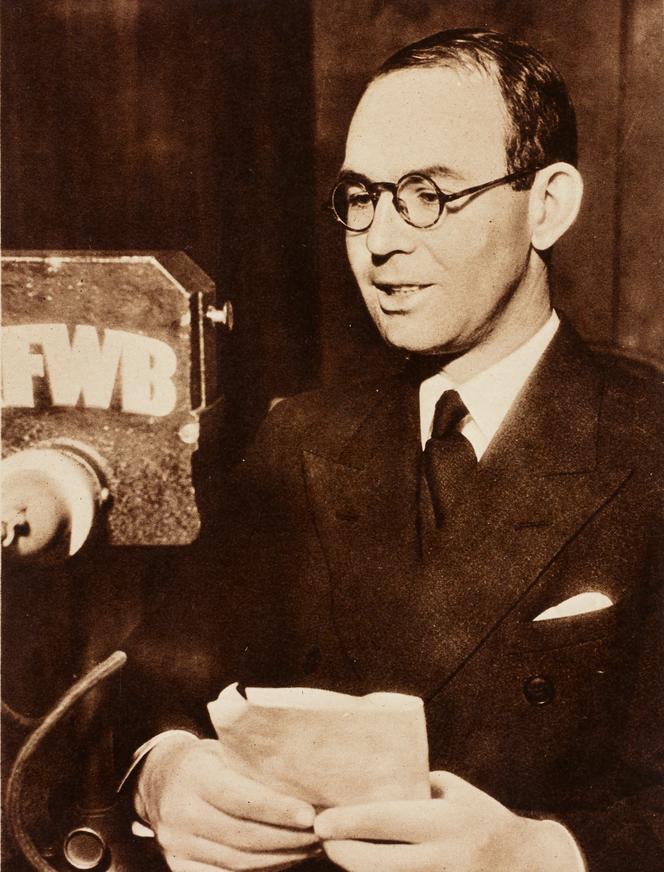


Much has come to light in recent years about the Welsh journalist Gareth Jones. He has been lauded as an uncompromising reporter for the part he played in exposing Stalin’s man-made famine of 1932-33. Until my late mother published her book More Than A Grain of Truth in 2005, precious little was known about Gareth outside of his immediate family. Agnieszka Holland’s 2020 feature film, Mr. Jones, and the 2023 documentary Les Moissons Sanglantes, have brought Gareth’s endeavors to a wider audience. But there are uncomfortable truths in his story that those now wanting to tell it seem determined to ignore.
The recent call in Le Monde, on April 17, for a prize to honor his name as a champion in the fight against "fake news" came as welcome news to my family. But in ignoring salient details from his biography, the authors are themselves compromised. In exposing the Great Famine, Gareth had to steer a course between two great revolutionary ideas of his day: Bolshevism and Nazism. Whilst highlighting Gareth’s famous flight with Hitler and Goebbels in February 1933, they omit to mention that he was on stage that same day at the Nazi Rally addressed by Hitler, and later dined alone with Goebbels. Goebbels wrote in his diary about Gareth: "An intelligent young man. Tells me terrible things about the Soviet Union."
Gareth had observed these "terrible things" on his first visit to the USSR in 1930. Being a Russian speaker, he listened and learned. Unlike the Western intellectual fellow travelers who visited the Soviet Union in the early 1930s, Gareth was not "led around by the nose" by Soviet officials and was unimpressed by what he saw of the regime’s violent and repressive acts against its own citizens. He knew about the famine and knew it was caused by the deliberate policy of confiscating grain, forcing the peasants to submit to collectivization or die, before he made his final fateful trip to Soviet Ukraine. His purpose was to get an eyewitness account of the tragedy that the foreign correspondents in Moscow were simply not reporting. Did Goebbels, at that dinner, recognize how useful that could be to Germany?
Gareth had been visiting Germany every year since 1922, when he was 17. He spoke fluent German and had firm friends there, some of whom became Nazis. He was intrigued by Hitler’s rise to power and excited to have a ringside seat with Hitler and Goebbels. Nazi Germany very much wanted to publicize the failings of what it termed Judeo-Bolshevism, but for diplomatic reasons didn’t want to be seen to be the publicist. Whether he knew it or not, Gareth served its purpose.
You have 56.74% of this article left to read. The rest is for subscribers only.
